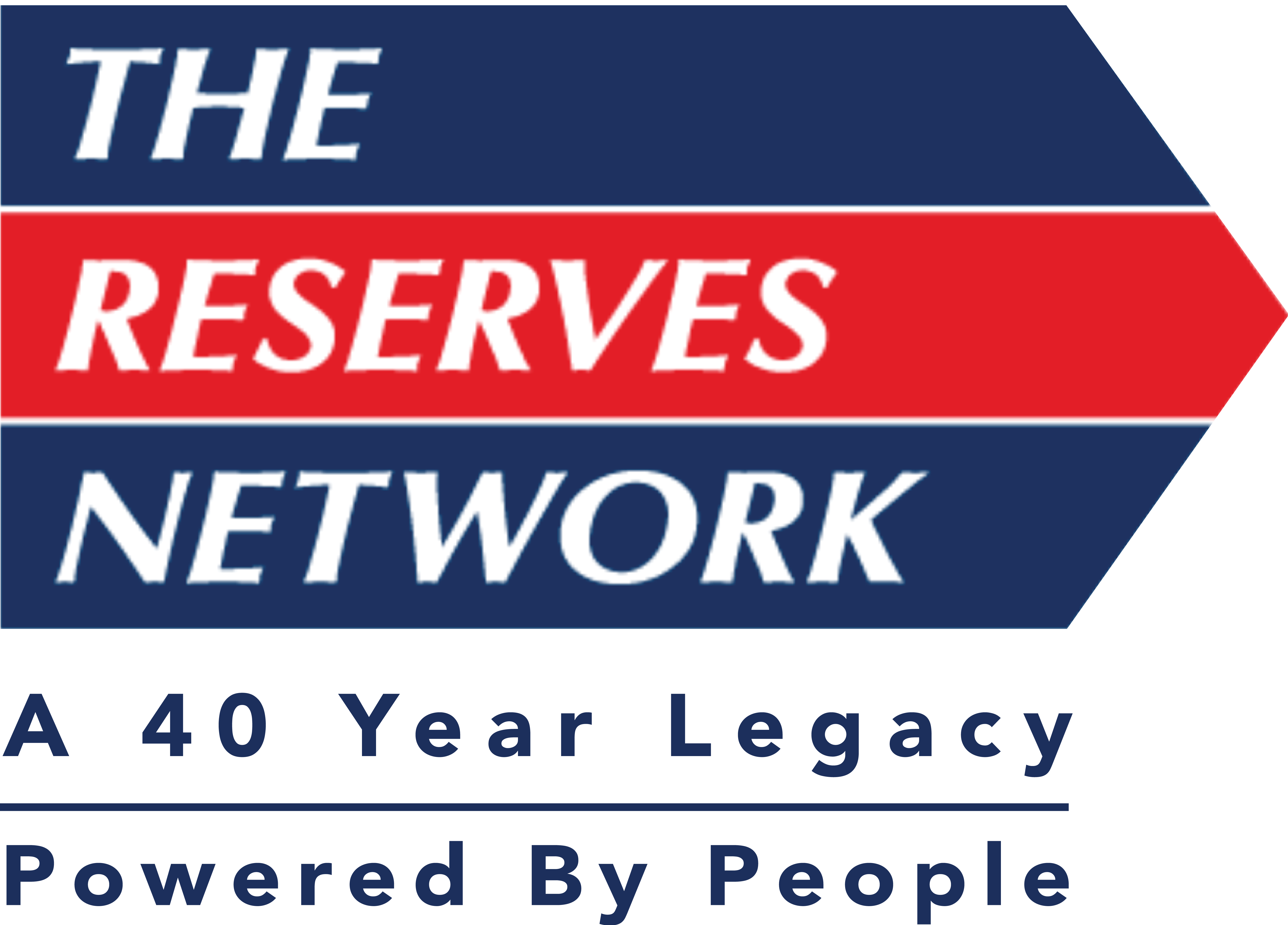When the Grass Isn’t Greener: How to Cope with New Job Regret
When you start a new job, it’s common to feel a mix of excitement and apprehension. You might be eager to learn new skills, meet new colleagues, and take on new challenges. At the same time, you may worry about whether you made the right decision, whether you’ll fit in with the culture, and whether the job will meet your expectations.
Sometimes, despite your best efforts and intentions, you may find that the grass isn’t greener on the other side. Maybe you discover that the job is different than what you expected, that the company culture clashes with your values, or that the workload is overwhelming. Or maybe you simply miss your old job and the comfort of familiarity.
It’s important to remember that new job regret is a normal and common experience. Most people go through some degree of an adjustment period when starting a new job, and not every job is a perfect fit. Coping with new job regret requires self-awareness, self-compassion, and a willingness to explore what matters to you in your work.
Identify the Root of Your Feelings
Before taking any action, it’s important to understand why you’re experiencing new job regret. Is it because the job isn’t what you expected, or is it because you miss your old colleagues and routine? Is it because of the workload, the commute, or the company culture? By pinpointing the source of your dissatisfaction, you can better determine what needs to change in order for you to feel more fulfilled in your work.
Give Yourself Time to Adjust
Starting a new job can be overwhelming, and it’s natural to feel a bit lost or out of place in the beginning. Don’t be too hard on yourself if you’re not immediately in love with your new job. Give yourself some time to adjust, learn the ropes, and get to know your colleagues. It may take a few weeks or months before you feel comfortable in your new role.
Seek Support
Coping with new job regret can be a lonely experience, but you don’t have to go through it alone. Talk to friends or family members who can provide a listening ear and some perspective. Consider seeking out a mentor or a career coach who can offer guidance and support. If you’re struggling with mental health issues related to your job, don’t hesitate to seek professional help.
Look for Opportunities to Grow
Even if your new job isn’t exactly what you hoped for, there may be opportunities for growth and development. Look for ways to learn new skills, take on new responsibilities, or connect with colleagues who share your interests. By finding meaning and purpose in your work, you may be able to shift your focus from what you’re missing to what you’re gaining.
Consider Your Options
If, after giving yourself some time and seeking support, you still feel that the job isn’t right for you, it may be time to consider your options. This could mean looking for another job that better aligns with your values and goals, or it could mean finding ways to make your current job more fulfilling. For example, you might ask your supervisor for more challenging projects, or you might seek out a mentor or a professional development program to help you advance your career.
Practice Self-Compassion
Coping with new job regret can be a difficult and emotional experience, and it’s important to be kind to yourself throughout the process. Don’t beat yourself up for making a decision that didn’t turn out as planned. Remember that setbacks and challenges are a normal part of any career journey. By practicing self-compassion and treating yourself with kindness and understanding, you can build the resilience you need to navigate the ups and downs of your career. Remember that your career journey is unique to you and that there is no one “right” path to success and fulfillment.
If you’re looking to explore further career options on your journey, contact The Reserves Network.


